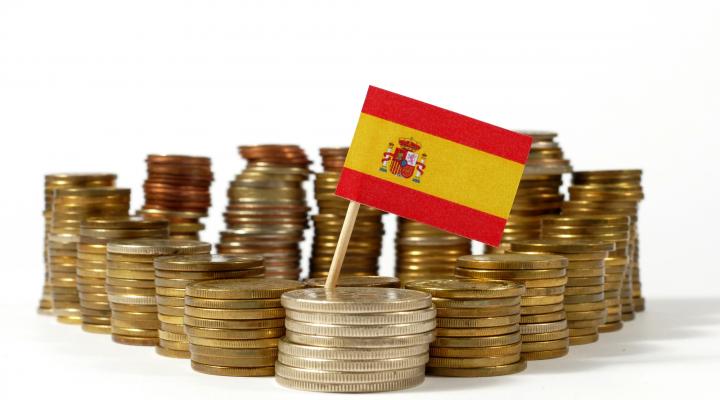
Tax needn't be taxing so they say. Whether or not you agree with this cliche, one thing's for sure.
Tax remains a certainty, along with death, as Daniel Defoe wrote in his 1726 work The Political History of the Devil.
Of course, the whole process can feel rather irksome and confounding, especially if you find yourself living abroad in Spain. You may ponder whether or not you need to file taxes at all?
Fortunately, we've got answers to make tax time go much more painlessly. Read on to learn more about tax in Spain, and what you do and don't need to pay.
Understanding How Taxes in Spain Work
When it comes to taxation in Spain, a variety of factors come into play in terms of what you pay. Unfortunately, many expats don't fully understand these important intricacies. This lack of knowledge can translate into trouble at tax time.
What do you need to be aware of when it comes to Spanish tax laws and rates? First and foremost, the final amount you owe will depend on:
- Your current residency status
- Your earnings over the past year
- State governmental tax rates and liabilities
- Regional governmental tax rates and liabilities
Depending on personal information and where you live, you will owe a different amount when it comes to taxes on wealth, property, income, capital gains, and inheritance. You'll also need to pay into Spain's social security system if employed.
Your Current Residency Status & Earnings
Spanish residents include those who have been living in the country for a minimum of six months or 183 days. These days do not have to be consecutive. You're also considered a resident if you have main vital interests in the nation.
Do you fall into one of these categories? If so, then you may need to pay Spanish income tax and file a tax return on your global earnings.
Here are some additional requirements you'll need to meet for taxable income:
- You run your own business
- You are self-employed
- Your annual employment income exceeds €22,000
- You are declaring tax residency for the first time in Spain
- Your capital gain and savings income exceeds €1,600 annually
Do any of these fit your situation? If so, then you'll need to file Modelo 720 to declare all of your assets abroad.
According to the Spanish tax system, your taxable income represents what you bring in post-social security, pensions, professional costs, and personal allowances.
As for individuals who have resided in the country for less than six months, they only get taxed on income earned in Spain. If you own Spanish property, you'll have to submit a tax return regardless of whether it's your personal home or a rental.
State & Regional Tax Rates and Liabilities
Tax rates in Spain are progressive. And, as already mentioned, they vary from region to region and state to state.
Why? Because Spain boasts a decentralized governmental system, which gives states and regions considerable flexibility.
Half of what you'll pay in tax gets determined by Spain's central government and proves standard across the nation. But the other half comes with geographic variations.
For example, people with an income of between €0 and €12,450 per year get charged anywhere from 19 per cent in Madrid to 21.5 per cent in Cataluña.
Those making more than €60,000 per year see tax rates anywhere from 39.5 to 46 per cent.
Tax in Spain
Once you become educated about tax in Spain, you'll realize the system's much less daunting. Of course, taxes are never fun to file. But based on DeFoe's 18th-century statement, they're a certainty that you can't avoid.
That said, don't let a different tax structure deter you from pursuing your dream life in Spain. Read on to find out why now's the perfect time to invest in property in Spain.

 English
English Español
Español Deutsch
Deutsch Français
Français Svenska
Svenska Nederlands
Nederlands Italiano
Italiano Norsk
Norsk Русский
Русский

































